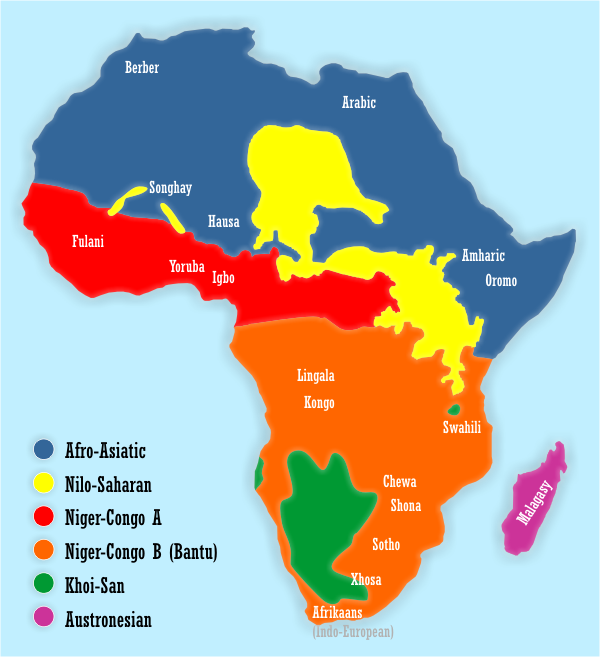#father_tongue_hypothesis

Father tongue hypothesis
Hypothesis regarding languages
The father tongue hypothesis proposes the idea that humans tend to speak their father's language. The hypothesis is based on a 1997 proposal that linguistic affiliation correlates more closely with Y-chromosomal variation than with mitochondrial DNA variation. The initial work was performed on African and European samples by a team of population geneticists, led by Laurent Excoffier. On the basis of these, and similar findings by other geneticists, the hypothesis was elaborated by historical linguist George van Driem in 2010 that the teaching by a mother of her spouse's tongue to her children is a mechanism by which language has preferentially been spread over time. Focusing on prehistoric language shift in already settled areas, examples worldwide show that as little as 10–20% of prehistoric male immigration can cause a language switch, indicating an elite imposition such as may have happened with the appearance of the first farmers or metalworkers in the Neolithic, Bronze and Iron Ages.
Sun 18th
Provided by Wikipedia
This keyword could refer to multiple things. Here are some suggestions: